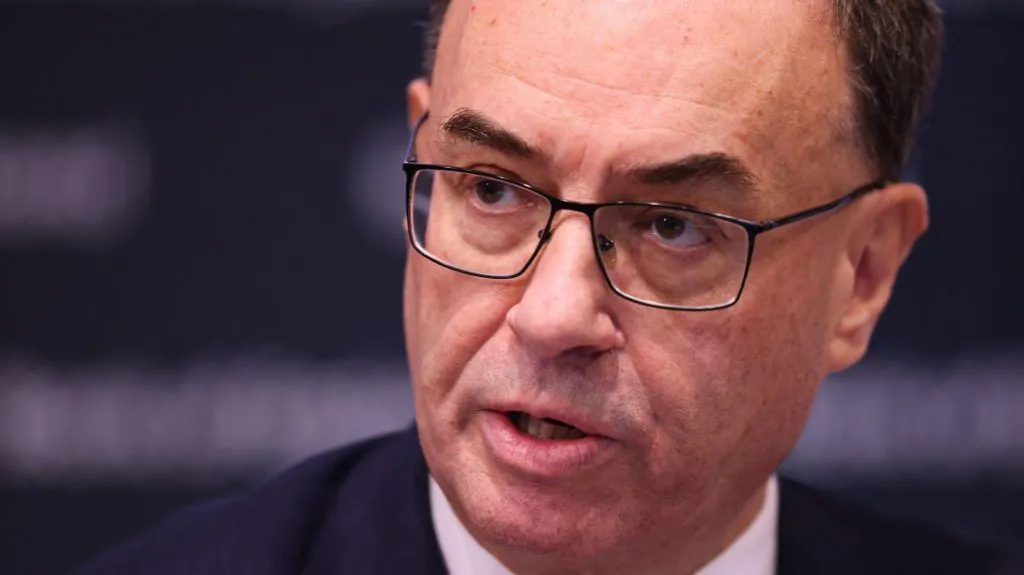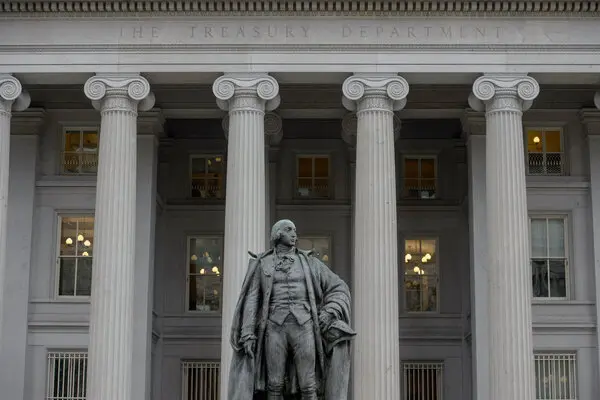Rebuilding Post-Brexit Ties with the EU: A Path to Economic Growt
In a recent address at the Mansion House, Andrew Bailey, the Governor of the Bank of England, emphasized the importance of rebuilding the UK’s relationship with the European Union while respecting the 2016 Brexit decision. This marked one of Bailey’s most candid remarks on Brexit’s economic impact, which he linked to weaker trade performance and lingering barriers. His remarks shed light on the challenges and opportunities ahead for the UK as it navigates its post-Brexit reality.
Brexit’s Economic Impact on Trade
Bailey outlined that Brexit has disproportionately affected the trade of goods more than services. While trade in financial services, like banking, has fared better than anticipated, goods trade, especially in food and agricultural exports, has faced significant hurdles. Analysts, including the Office for Budget Responsibility, project that the UK economy could shrink by 4% over 15 years due to Brexit-related trade disruptions.
Despite these challenges, Bailey emphasized that addressing Brexit’s consequences is essential but should not overshadow broader global economic issues, such as geopolitical tensions and market fragmentation.
Calls for a Reset in UK-EU Relations
While the government remains opposed to rejoining the EU or its single market, Chancellor Rachel Reeves echoed Bailey’s sentiments, stating that a closer relationship with the EU is critical. Reeves acknowledged the EU as the UK’s largest trading partner and proposed resetting the relationship to foster trade and economic growth.
Spain’s Finance Minister Carlos Cuerpo and Sir John Gieve, a former Bank of England deputy governor, also expressed optimism about negotiating a “better deal” that could reduce trade barriers without re-entering the customs union or single market. Gieve pointed out that reducing these barriers would encourage investments in the UK by offering easier access to European markets.
A Focus on Growth and Financial Reform
Chancellor Reeves proposed ambitious reforms to address stagnating growth, including merging council pension pots to allow larger investments for higher returns. While some critics called this move risky, Reeves argued that regulating for growth is essential for long-term economic stability.
In addition, Reeves emphasized the importance of reinvigorating the UK’s financial services sector, describing it as the “crown jewel” of the economy. The government plans to unveil a financial services strategy in spring, focusing on fintech, sustainable finance, and capital markets to attract private investment.
The Productivity Puzzle
Bailey also highlighted the persistent challenge of low productivity, which has plagued the UK since the 2008 financial crisis. He noted that while other European countries face similar issues, the US has made more significant progress in addressing productivity concerns. Fixing the fragmented pension system and fostering investment-friendly policies were suggested as potential solutions.
The Road Ahead
Rebuilding relations with the EU, reducing trade barriers, and implementing growth-focused reforms could mark a turning point for the UK. By balancing Brexit’s realities with forward-looking strategies, the UK can work towards a more resilient and prosperous economic future.
This pivotal moment requires collaborative efforts from policymakers, businesses, and investors. As Andrew Bailey aptly noted, while respecting the democratic choice of Brexit, the UK must seize opportunities to strengthen ties with its largest trading partner and position itself for long-term economic success.




